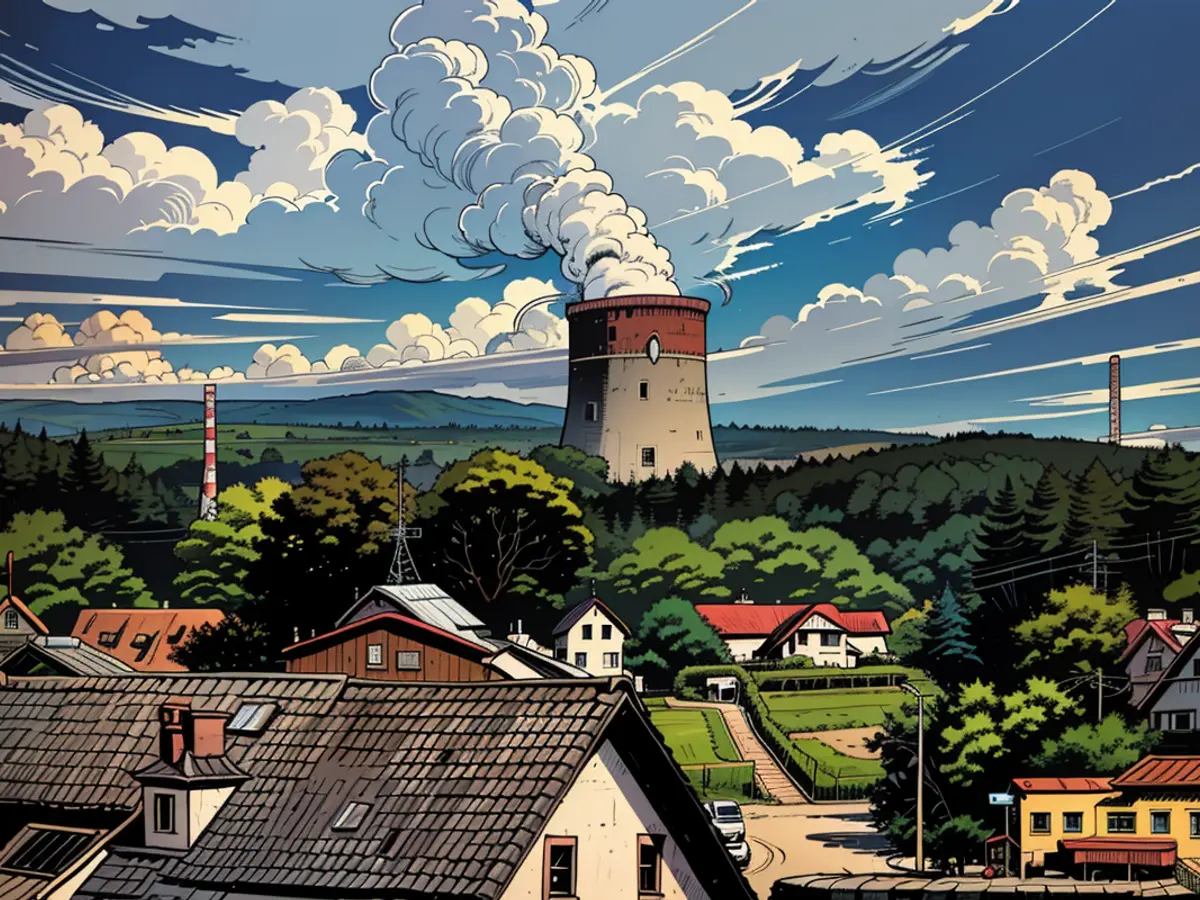Following a seven-year lull post the anti-nuclear vote, Switzerland permits the construction of contemporary energy facilities.
The current ban on constructing new nuclear power stations clashes with the pursuit of technological transparency and might pose challenges for the retirement of existing facilities, the government stated, explaining their policy change. It's uncertain if the faster expansion of renewable energy sources will be feasible to compensate for the electricity loss if the presently operating four nuclear power plants were to close down – not to mention meeting the rising demand for electricity.
In a vote held in May 2017, 58.2% of the populace voted to gradually phase out nuclear power and shift towards renewable resources. At that time, a law was passed allowing the four operating nuclear power plants to continue functioning provided they remain safe. At present, approximately one-third of Switzerland's electricity generation can be attributed to nuclear power.
Whether new nuclear power plants will be developed in Switzerland at all, despite the government's intentions, remains up in the air, per Energy Minister Roesti. "We need to act now to be ready later," he stated. However, the Greens and Green Liberals in Switzerland voiced severe criticism in response to the government's announcement.
Despite the government's intentions, the prospect of building new nuclear power plants in the Swiss landscape remains uncertain. The Greens and Green Liberals in Switzerland strongly criticize this potential development.







